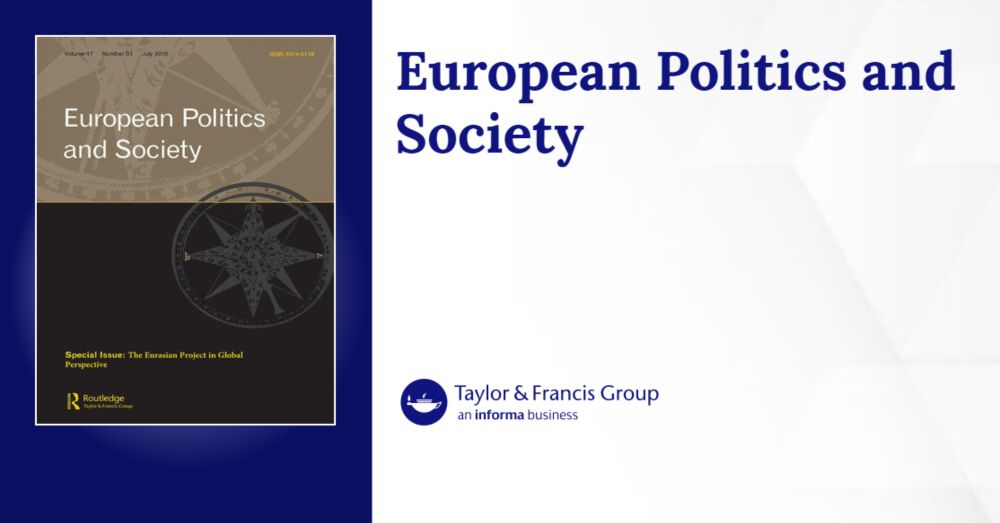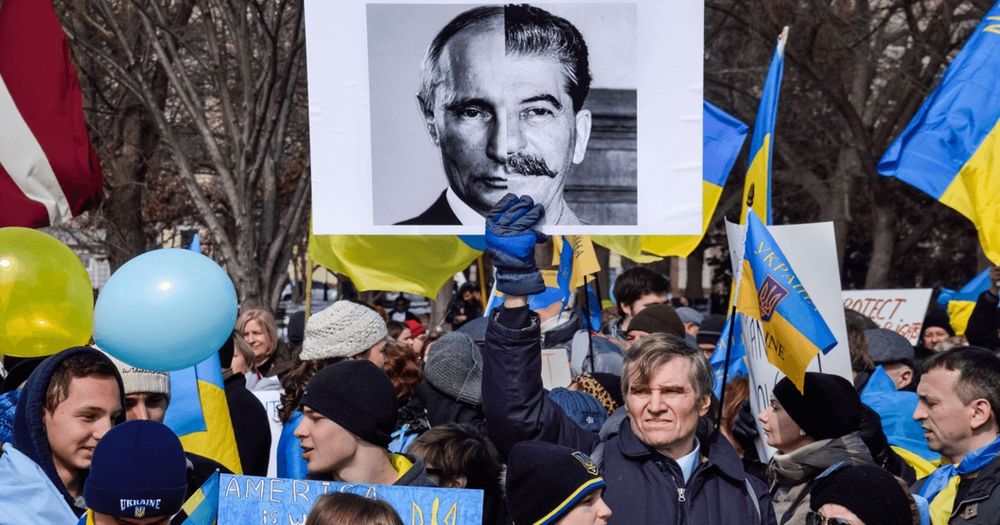
Laws without broader change = limited impact.
academic.oup.com/sf/advance-a...
Laws without broader change = limited impact.
academic.oup.com/sf/advance-a...
Anti-discrimination legislation is important, but not sufficient. Real progress for people with disabilities needs:
🔹 Stronger enforcement
🔹 Workplace accommodations
🔹 Broader cultural + structural change
Anti-discrimination legislation is important, but not sufficient. Real progress for people with disabilities needs:
🔹 Stronger enforcement
🔹 Workplace accommodations
🔹 Broader cultural + structural change
📊 We saw slight increases in voting + trust after disability-specific laws…
…but placebo tests suggest these trends were driven by broader societal shifts, not the legislation itself.
📊 We saw slight increases in voting + trust after disability-specific laws…
…but placebo tests suggest these trends were driven by broader societal shifts, not the legislation itself.
But our analysis shows that even strong anti-discrimination laws haven’t closed disability gaps in:
⚖️ Institutional trust
💼 Employment
🙂 Life satisfaction
➡️ Laws alone are not enough.
But our analysis shows that even strong anti-discrimination laws haven’t closed disability gaps in:
⚖️ Institutional trust
💼 Employment
🙂 Life satisfaction
➡️ Laws alone are not enough.

Close news followers = more likely to expect 🇺🇦-favorable outcomes.
Disengaged = more pessimistic/uncertain.
Far-right sympathies = more acceptance of outcomes favoring 🇷🇺.
Close news followers = more likely to expect 🇺🇦-favorable outcomes.
Disengaged = more pessimistic/uncertain.
Far-right sympathies = more acceptance of outcomes favoring 🇷🇺.
🇩🇰 🇫🇮 🇬🇧 → More skeptical of outcomes rewarding 🇷🇺, shaped by history + security concerns.
🇦🇹 🇪🇸 → More acceptance of concessions, linked to neutrality + economic ties.
Europe is far from united on how the war will end.
🇩🇰 🇫🇮 🇬🇧 → More skeptical of outcomes rewarding 🇷🇺, shaped by history + security concerns.
🇦🇹 🇪🇸 → More acceptance of concessions, linked to neutrality + economic ties.
Europe is far from united on how the war will end.
🇬🇧 10%
🇫🇮 6%
🇦🇹 3%
🇪🇸 4%
Most expect either a compromise or a frozen conflict. This gap between public expectations and political ambitions matters for peace talks.
🇬🇧 10%
🇫🇮 6%
🇦🇹 3%
🇪🇸 4%
Most expect either a compromise or a frozen conflict. This gap between public expectations and political ambitions matters for peace talks.
Why does this matter? Because how we remember the past shapes how we see leaders today. This isn’t just about history, it’s about how people across Europe understand today’s threats. 📖 Read more: doi.org/10.1080/2374...

Why does this matter? Because how we remember the past shapes how we see leaders today. This isn’t just about history, it’s about how people across Europe understand today’s threats. 📖 Read more: doi.org/10.1080/2374...
The more people follow news about the war or think it’s a big global threat, the more they see Putin and Stalin as similar. Those who support far-right parties, especially in Austria, are much less likely to make the comparison.

The more people follow news about the war or think it’s a big global threat, the more they see Putin and Stalin as similar. Those who support far-right parties, especially in Austria, are much less likely to make the comparison.
Finns and Danes are much more likely to say Putin is “Stalin-like,” probably because of their history with the Soviet Union and how close they are to Russia. Meanwhile, people in Austria, Spain, and the UK are more on the fence.

Finns and Danes are much more likely to say Putin is “Stalin-like,” probably because of their history with the Soviet Union and how close they are to Russia. Meanwhile, people in Austria, Spain, and the UK are more on the fence.

